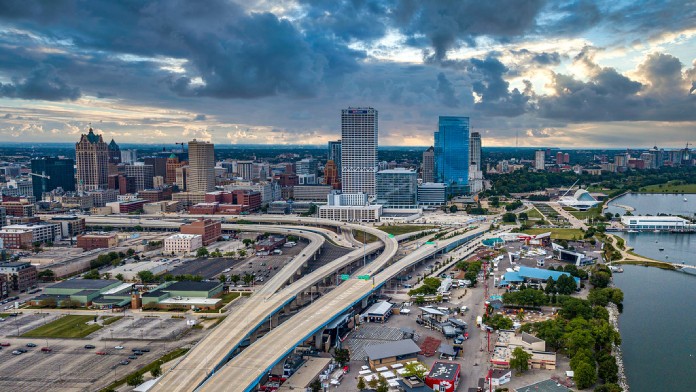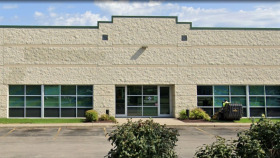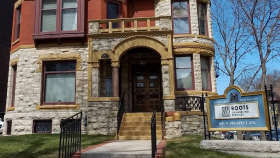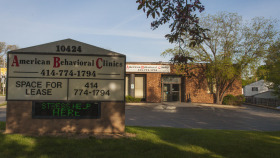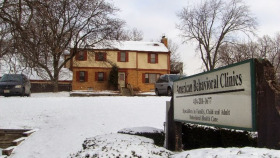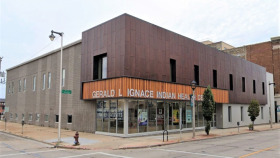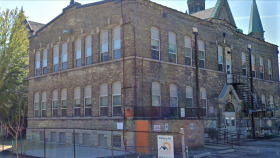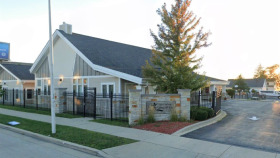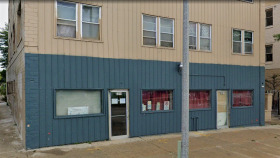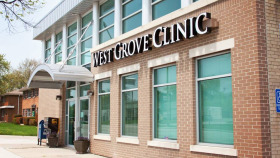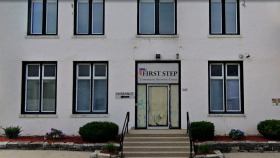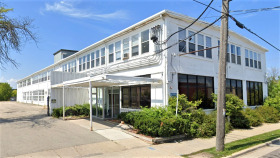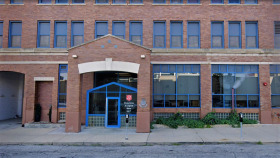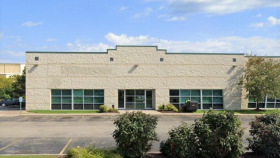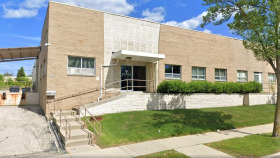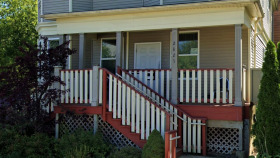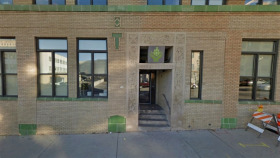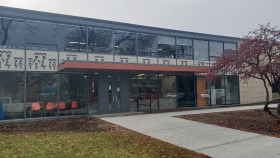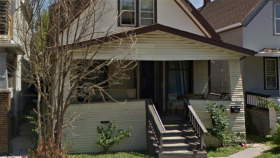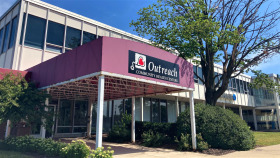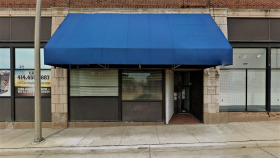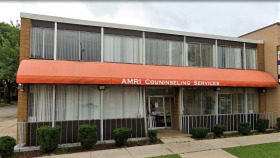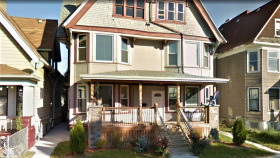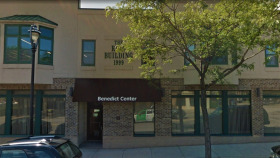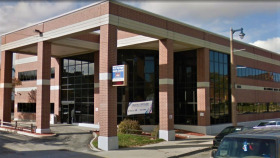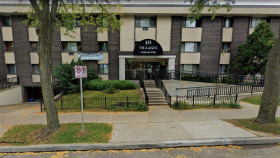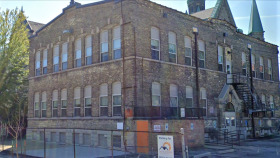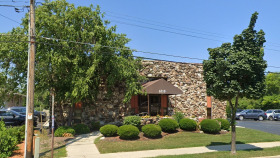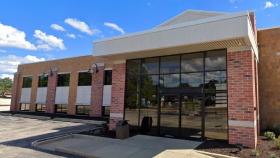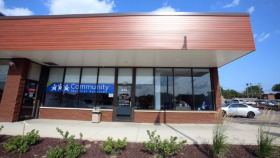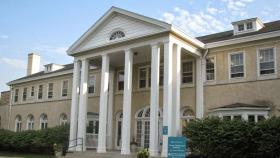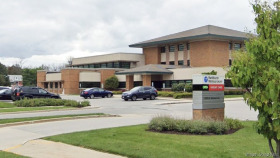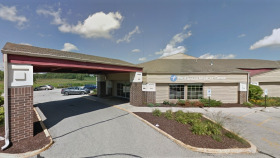Expert Insights
Milwaukee County will receive $71 million from the state opioid settlement. There are many projects on the table to spend these funds. Programs include those for the elderly, the homeless, and individuals with an opioid use disorder. But what about youth? The only program listed among the proposed projects is designed for youth already in detention. The goal is to provide opiate abuse services for youth returning to the community after detention. While this is a good aim, are we beefing up efforts to prevent kids from taking drugs before they end up in detention? Milwaukee kids are at risk of substance abuse: the percentage of Wisconsin teens who drink exceeds the national average. These youth need programs that turn them away from substance abuse at a young age.
~ Kerry Nenn
How Expensive is Drug Rehab in Milwaukee?
The cost of drug and alcohol rehab in Milwaukee varies widely. Several factors play a role in the price, including:
- Setting: inpatient vs. outpatient
- Features and amenities: luxury vs. standard
- Duration of program: 30 vs. 60 vs. 90 days
- Health insurance coverage
- How the facility is funded (e.g., government funding to subsidize the cost)
- Location: city vs. rural
How Much Does Drug Rehab Cost in Wisconsin?
Wisconsin is ranked 19th nationwide in terms of addiction treatment affordability, with an average cost of drug and alcohol rehab of $56,625 (without insurance).
- Medical detox is the most expensive, with an average cost of $139,601
- Long-term inpatient drug rehab in Wisconsin costs an average of $49,968
- Outpatient addiction treatment in Wisconsin costs an average of $8,303
- Outpatient methadone treatment is the most affordable, with an average cost of $7,377
Are There Low-Cost and Free Drug Rehab Centers in Milwaukee?
Free rehabs and detox centers in Milwaukee are state-funded, meaning they provide free or low-cost addiction treatments for those who cannot otherwise afford them. They receive grants from the federal government, which helps them provide substance use disorder care at a low cost or for free.
As of 2024, there were over 330 drug rehab facilities across the state of Wisconsin, many in and around Milwaukee. Of those treatment facilities, the following numbers reflect how many centers offer free or low-cost payment methods:
How Does Milwaukee Compare in Alcohol and Drug Use?
Located on the shores of Lake Michigan, Milwaukee is the largest city in the state of Wisconsin and the 24th-largest in the United States. But it is no stranger to the nationwide opioid epidemic.
Milwaukee County has seen nearly a 60 percent increase in overdose deaths from 2016 to 2020, with 545 deaths recorded in 2020. If you or a loved one is struggling with addiction, there are more than 65 accredited drug rehab centers in Milwaukee to choose from.
The city and county of Milwaukee is a place with a strong sense of community. But the community is facing an incredible public health challenge stemming from the misuse of drugs and alcohol. Some Milwaukee County substance use statistics provide some insight into the crisis the area is facing:
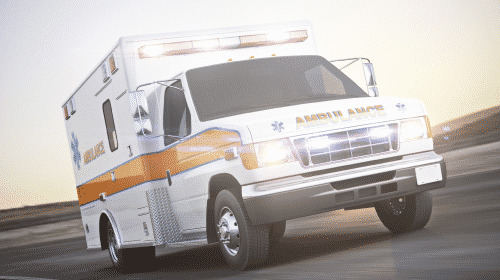
In Milwaukee County, a total of 612 people died in 2021 as a result of a drug overdose.
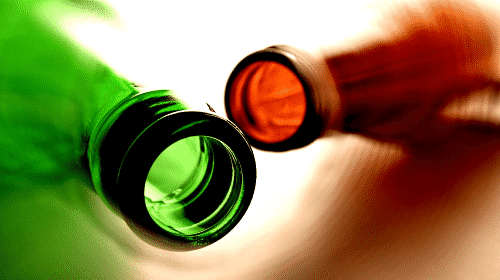
In Milwaukee County, 687 people died in 2020 as a result of alcohol-related causes.
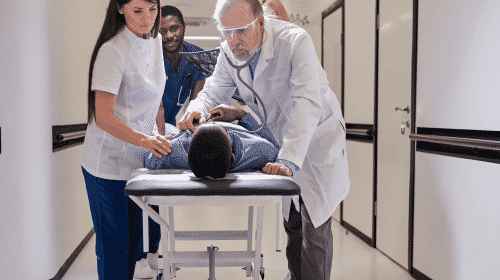
Milwaukee County has the highest number of hospital visits due to substance use (per 100,000) in the state.
In 2019, a total of 24,861 Wisconsin residents received professional help for alcohol and/or drug addiction at local treatment centers. Unfortunately, this isn’t enough. Currently, 75% of those who struggle with substance use disorders never receive any care.
Alcohol and Drug Laws in Milwaukee
Wisconsin’s Good Samaritan Law: Wisconsin’s Good Samaritan Law protects people who render emergency care at the scene of an emergency or accident (e.g., overdose) and those who call 911. The law ensures people cannot be tried in court for drug possession or drug paraphernalia possession if they call for help in the case of an overdose or other medical emergency. This law encourages members of the public to seek help for those who need immediate emergency care.
Adult Drug Court: The mission of the Milwaukee County Adult Drug Treatment Court is to increase public safety by reducing criminal offenders by providing substance use care and support services for any person who has broken the law (non-violent crimes) and has a substance use problem. This law helps improve public safety, provide community-based alternatives to incarceration, and helps people get the addiction treatment they need to reduce crime rates.
Employee Protections for Addiction Treatment: The Family Medical Leave Act (FMLA), a federal law, offers protection against being fired for receiving care in Milwaukee and throughout the rest of the country. People may take up to 12 weeks of unpaid work to get medical treatment, including rehab for addiction, without fear of losing their employment.
Resources
- Wisconsin Department of Health Services. (2022). Substance use: drug overdose deaths dashboard.
- Healthinsurance.org. (2022). See your Wisconsin health insurance coverage options now.
- Substance Abuse and Mental Health Services Administration. (2022). MAT Medications, Counseling, and Related Conditions.
- Wisconsin Department of Health. (January 2021). Wisconsin expands Medicaid coverage of residential substance use disorder treatments for members.
- National Institute on Drug Abuse. (January 2020). Substance abuse in women.

